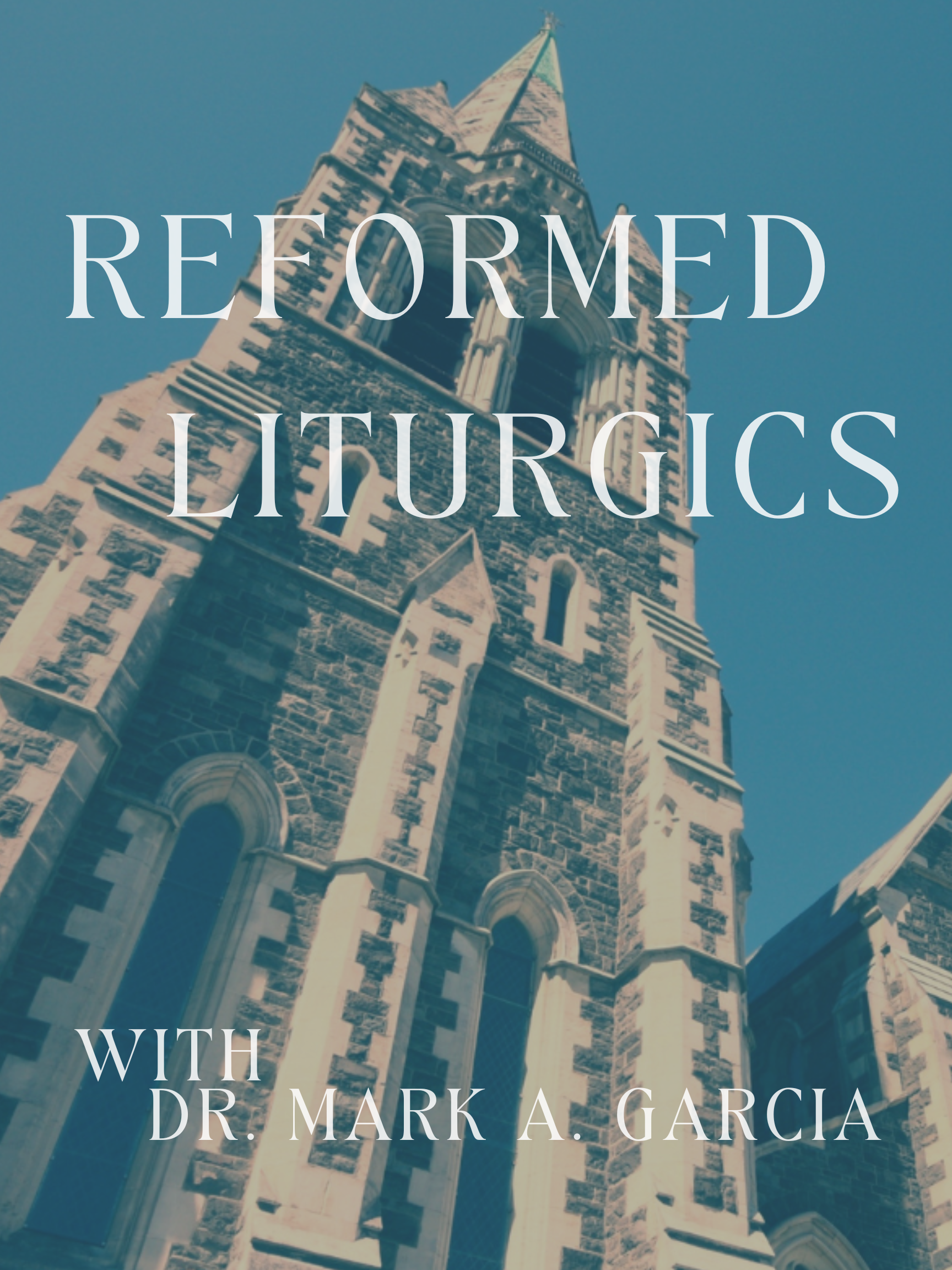 Image 1 of
Image 1 of


Reformed Liturgics
Among Greystone's fundamental commitments is the conviction that the recovery of a biblically determined, historically aware, and theological sophisticated Reformed liturgics is at the heart of the Church's identity and mission in the world. This module will extend select arguments made in the Reformed Catholicity, Order of Reality, and Theological Anthropology modules into the specific concerns of Reformed liturgical theology. Subjects covered include the principal developments and concerns in the history of confessional Reformed liturgics; the place of sacred times and spaces in the world of Holy Scripture in relation to debates over times and spaces in worship; the dialogical, regulative, and the "doxological" principles of Reformed worship; the eucharistic core of the Reformed church in light of the overall nature of pastoral ministry and the Church's witness; and the concept of worship (including the specific ordering of services of worship) as itself a critically important form of pastoral care.
Among Greystone's fundamental commitments is the conviction that the recovery of a biblically determined, historically aware, and theological sophisticated Reformed liturgics is at the heart of the Church's identity and mission in the world. This module will extend select arguments made in the Reformed Catholicity, Order of Reality, and Theological Anthropology modules into the specific concerns of Reformed liturgical theology. Subjects covered include the principal developments and concerns in the history of confessional Reformed liturgics; the place of sacred times and spaces in the world of Holy Scripture in relation to debates over times and spaces in worship; the dialogical, regulative, and the "doxological" principles of Reformed worship; the eucharistic core of the Reformed church in light of the overall nature of pastoral ministry and the Church's witness; and the concept of worship (including the specific ordering of services of worship) as itself a critically important form of pastoral care.
Among Greystone's fundamental commitments is the conviction that the recovery of a biblically determined, historically aware, and theological sophisticated Reformed liturgics is at the heart of the Church's identity and mission in the world. This module will extend select arguments made in the Reformed Catholicity, Order of Reality, and Theological Anthropology modules into the specific concerns of Reformed liturgical theology. Subjects covered include the principal developments and concerns in the history of confessional Reformed liturgics; the place of sacred times and spaces in the world of Holy Scripture in relation to debates over times and spaces in worship; the dialogical, regulative, and the "doxological" principles of Reformed worship; the eucharistic core of the Reformed church in light of the overall nature of pastoral ministry and the Church's witness; and the concept of worship (including the specific ordering of services of worship) as itself a critically important form of pastoral care.

